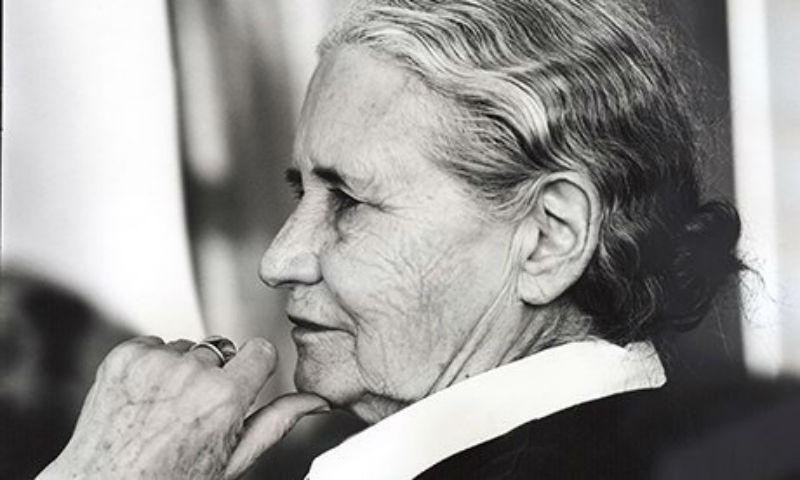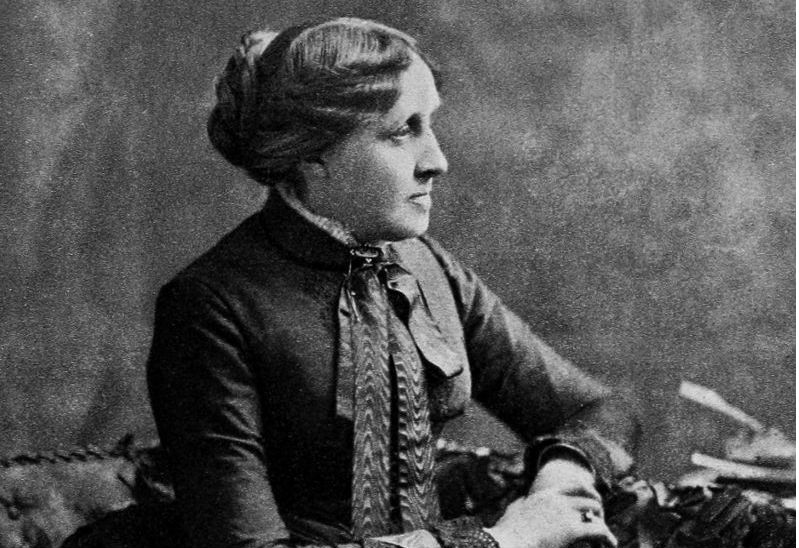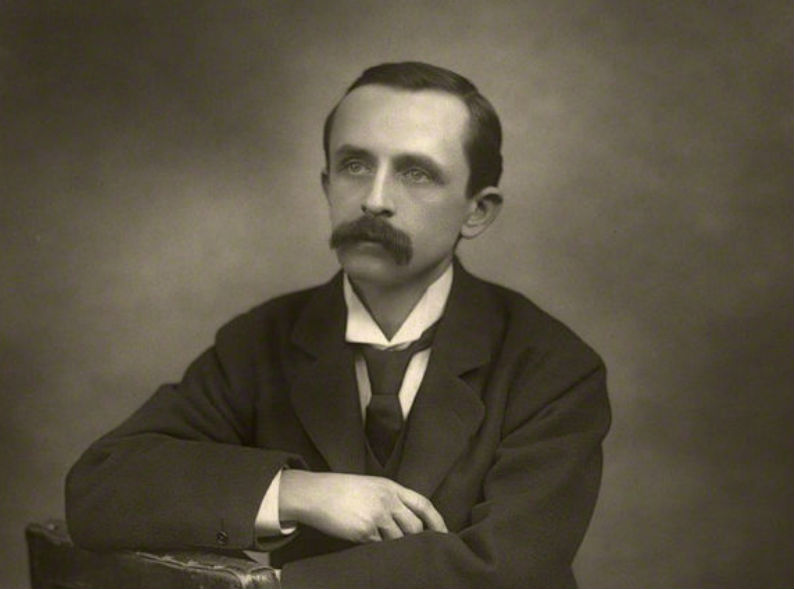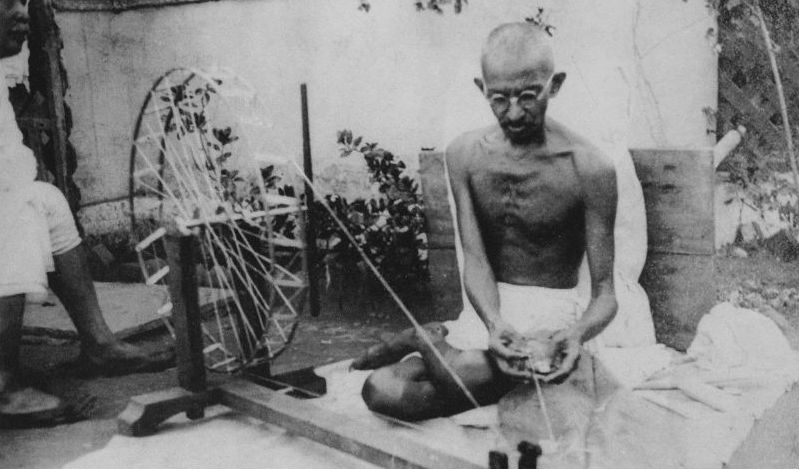Learning is exciting but it’s also a challenge. In fact, if it wasn’t a challenge, it wouldn’t be exciting! And that challenge is added to if you’re learning at a distance, given that you need even more resourcefulness and perseverance than someone studying by more traditional means. So, when setting out on a distance learning course, it is very helpful to know something about the nature of learning itself. With this aim in mind, this short article looks back over time to some words from the wise about the learning process and, through those words, points you to some of the approaches you could usefully take to make the most of your studies.
The first quotation comes from the British writer, Doris Lessing, one of whose well-known works is The Golden Notebook, first published in 1962.
 British writer, Doris Lessing
British writer, Doris Lessing
“That is what learning is. You suddenly understand something you've understood all your life, but in a new way.”
There was, and still is among some people, a common misconception that learners are like blank slates or empty vessels waiting to be filled with knowledge and understanding. But, in fact, you always bring yourself – your experiences, your previous learning – to everything you learn. So, in a sense, all learning is a form of re-learning. Indeed, the ideas which can make the greatest impression are those which suddenly enable previously encountered ideas and experiences to make more sense. The quotation also points to the importance of not being afraid to engage critically with new ideas through the prism of what you already know.
Which brings us to the words of another wise woman, Louisa May Alcott, who wrote the novel Little Women in 1868:
 American writer, Louisa May Alcott
American writer, Louisa May Alcott
“I'm not afraid of storms, for I'm learning how to sail my ship.”
Alcott’s metaphor highlights that learning is not a ‘safe’ process. It involves adventure. So, don’t be afraid to take an unfamiliar idea, remove it from the context in which you first encounter it and test it out in other contexts and against other ideas: Does it still stand up? What are its limitations? Are you convinced by it? Why (not)? If you don’t ask such questions, your understanding will remain fragile and may well break up in high seas!
The riskiness of effective learning that Alcott recognises is also picked out by the Scottish playwright J.M. Barrie, most famous for creating Peter Pan, The Boy Who Wouldn’t Grow Up which premiered on the London stage in 1904:
 Scottish playwright and writer, J.M. Barrie
Scottish playwright and writer, J.M. Barrie
“We are all failures – at least the best of us are.”
You shouldn’t be afraid to fail. It is part of the learning process and helps learners to develop and mature. If you do a course where you encounter no difficulties, then that course is probably too easy for you! So, failing to grasp something when you first encounter is an important part of the learning process. However, if, after due reflection and thought, you still don’t grasp a concept, don’t be afraid to seek help. This is especially important on a distance learning course where your tutor is less likely to see your furrowed brow and pained expression than he or she would in a physical classroom.
It is important, therefore, to keep in contact with your tutor. Too often, distance learning is seen as something which people undertake alone. In fact, to make the most of the experience, it is always wise to keep in contact not only with your tutor but also your fellow learners. This has more than just social benefits, and this is highlighted by a quotation from the wisest of wise men, Confucius, the Chinese philosopher from the sixth to fifth centuries BCE:
 Chinese philosopher, Confucius
Chinese philosopher, Confucius
"When I walk along with two others, from at least one I will be able to learn."
Although your fellow learners are, like you, learners, they also have, like you, their own experiences and viewpoints. These viewpoints may well be ones that you would not have considered yourself. Exchanging ideas and perspectives can enrich your learning experience in ways which are not possible when studying alone. Remember that, nowadays, it is that much easier to stay in contact with your fellow students through, for example, forums and social media. Of course, this is good from a social viewpoint, but, as Confucius’s words make clear, it is also useful in terms of your studies.
It is fitting to leave the last word to another great figure from history, Mahatma Gandhi, the twentieth-century Indian independence leader. This quotation is not accompanied by any commentary. You can simply reflect on his words. After all, reflection is a vital part of learning!
 Leader of the Indian independence movement, Mahatma Gandhi
Leader of the Indian independence movement, Mahatma Gandhi
“Live as if you were to die tomorrow. Learn as if you were to live forever.”

Rate and Review
Rate this article
Review this article
Log into OpenLearn to leave reviews and join in the conversation.
Article reviews